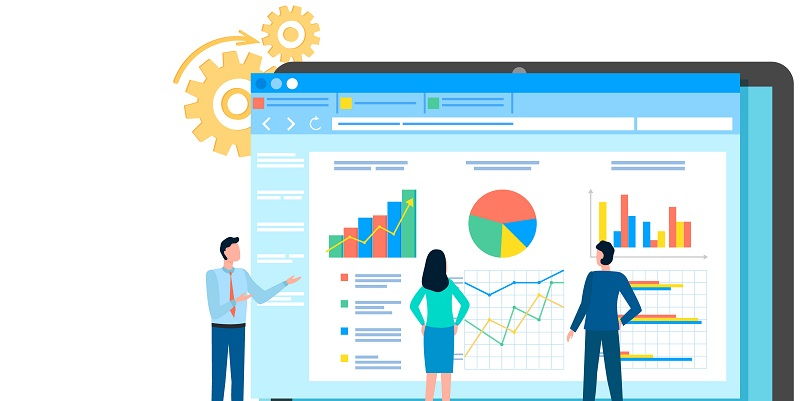In today’s data-driven world, a robust and reliable data storage platform is crucial for businesses to ensure both security and success. The ability to store and access huge amounts of data safely, with ready availability for business intelligence and analysis, is imperative. In this article, we will delve into the various types of data storage options available, highlighting their features, benefits, and limitations. By understanding these options, you can make an informed decision about the right storage solution for your business.
Direct-Attached Storage (DAS)
Direct-attached storage (DAS) is a form of data storage that can be accessed through an external drive’s direct connection to a computer. The key feature of DAS is its direct and exclusive connection to a single device. It offers simplicity, high performance, and low latency, making it suitable for small-scale applications or when data needs to be stored locally. However, DAS has limitations in terms of scalability and remote accessibility.
Network-Attached Storage (NAS)
Network-Attached Storage (NAS) is a storage system that allows files stored in one device to be accessed by users in different locations over a network. NAS provides a centralized and shared storage solution, enabling seamless collaboration and data accessibility. It offers advantages such as easy management, high flexibility, and expandability. However, as NAS relies on the network, its performance may be affected by network congestion, and it might not be suitable for applications requiring high-speed data access.
Storage Area Networks (SANs)
Storage area networks (SANs) are high-speed data storage networks created among a group of specified devices, often in multiple locations. SANs are designed to provide block-level storage that can be accessed by multiple servers simultaneously. SANs offer benefits such as high performance, scalability, and enhanced data security. With advanced storage features like data replication and snapshot capabilities, SANs are well-suited for critical applications and large-scale enterprises. However, SANs can be costly to implement and require specific expertise for maintenance and management.
Software-Defined Storage (SDS)
Software-defined storage (SDS) is a method of managing data storage services through software rather than hardware. SDS abstracts storage services from the underlying hardware, providing greater flexibility, scalability, and reduced costs. Additionally, SDS offers various options for storing data, including traditional storage systems, virtual machines, or even cloud-based storage. It can seamlessly operate in different environments, making it a versatile solution for businesses with changing needs.
Cloud Storage
Cloud storage has gained immense popularity due to its ability to make stored data accessible from any location with an internet connection. Cloud storage eliminates the need for physical infrastructure and offers high scalability, allowing businesses to pay only for the storage they need. Compared to traditional on-premises server storage, cloud storage is more cost-effective, as it eliminates the need for hardware maintenance and upgrades. Additionally, cloud storage providers often have robust security measures in place to protect data. However, reliance on an internet connection may pose limitations in terms of data transfer speeds and potential concerns regarding data privacy and compliance.
Hybrid Cloud
Hybrid cloud is a competitive offering from cloud providers, providing businesses with the flexibility to store their data in both on-premises and cloud environments. With hybrid cloud, organizations can choose to keep sensitive data on local servers while utilizing the scalability and cost-effectiveness of the cloud for less critical data. This option offers businesses the best of both worlds, optimizing security, performance, and operational efficiency. However, managing a hybrid cloud environment requires careful planning and integration expertise.
Choosing the right data storage solution is a critical decision for businesses. Each type of storage — Direct-Attached Storage (DAS), Network-Attached Storage (NAS), Storage Area Networks (SANs), Software-Defined Storage (SDS), and Cloud Storage — offers unique features, benefits, and limitations. Most businesses today utilize more than one type of data storage to meet their varying needs. By understanding the strengths and weaknesses of each option, organizations can determine the most suitable storage solutions to ensure security, accessibility, scalability, and success in their data management strategies.

